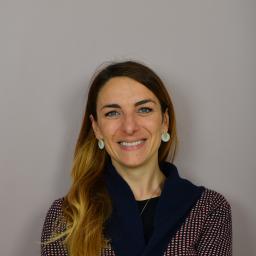Dr Eleonora Puccinelli

I am a marine ecologist studying the food web structure and functioning of intertidal and offshore communities. My research integrates ecological and biochemical approaches to understand how climate change and other anthropogenic stressors affect marine ecosystems and to generate process-based knowledge to address these impacts. I focus on how bottom-up and top-down processes shape primary consumers, particularly macrozoobenthos and pelagic zooplankton, with a strong interest in how phytoplankton-driven processes propagate through food webs via the nitrogen cycle. My work combines field campaigns, laboratory experiments, and biochemical techniques to investigate the combined effects of natural variability and pollution on coastal food webs.
Contact details
+31222369396Department
Research interests and expertise
- Trophic Ecology
- Omega-3
- Primary consumers